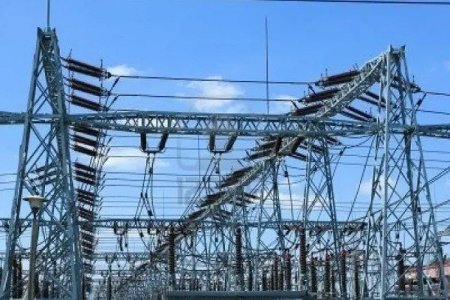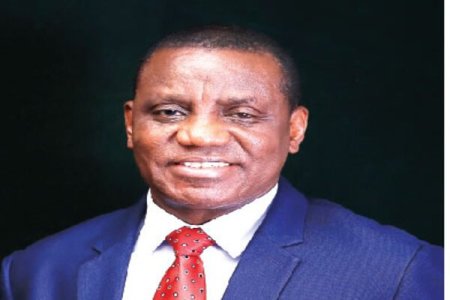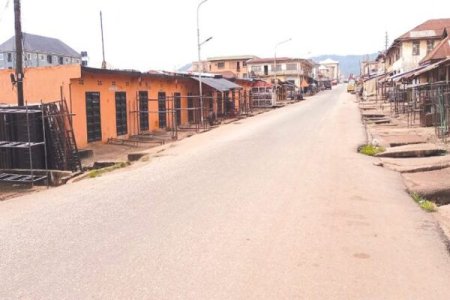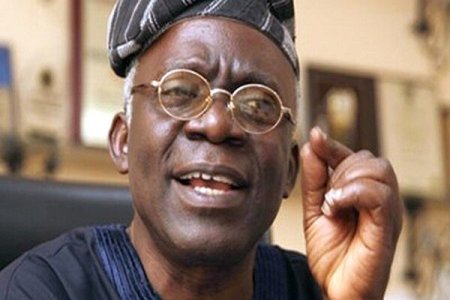
Band A customers in Nigeria are grappling with reduced electricity supply after frequent national grid collapses. Despite paying premium tariffs for 20 hours of power, outages persist, leading to increased reliance on expensive generators. Experts call for urgent infrastructure investment to stabilize the power sector.
Residents in Band A areas of Lagos are voicing their discontent as recent national grid collapses leave them with a significantly reduced electricity supply. Despite paying premium rates for electricity, many customers, previously receiving 20 hours of power daily, now experience outages lasting only 12 to 16 hours.
The national grid’s recovery has been slow, with experts citing outdated infrastructure as a key issue. Band A customers, who make up around 15% of Nigeria's electricity users, now rely on expensive generators to fill the gaps in power supply, driving up their energy costs.
The government has acknowledged the urgent need for infrastructure investment to prevent further disruptions, with estimates suggesting a $10 billion investment is necessary to stabilize the power sector. Meanwhile, experts and residents alike are calling for immediate action to address the ongoing power instability and improve service delivery.
Despite the restoration of some grid capacity, many customers continue to report inconsistent supply, with online complaints mirroring real-life frustrations. As the grid struggles to reach full capacity, the government's approach to tariff hikes has sparked further debate, with many questioning the fairness of paying higher prices for unreliable service.






